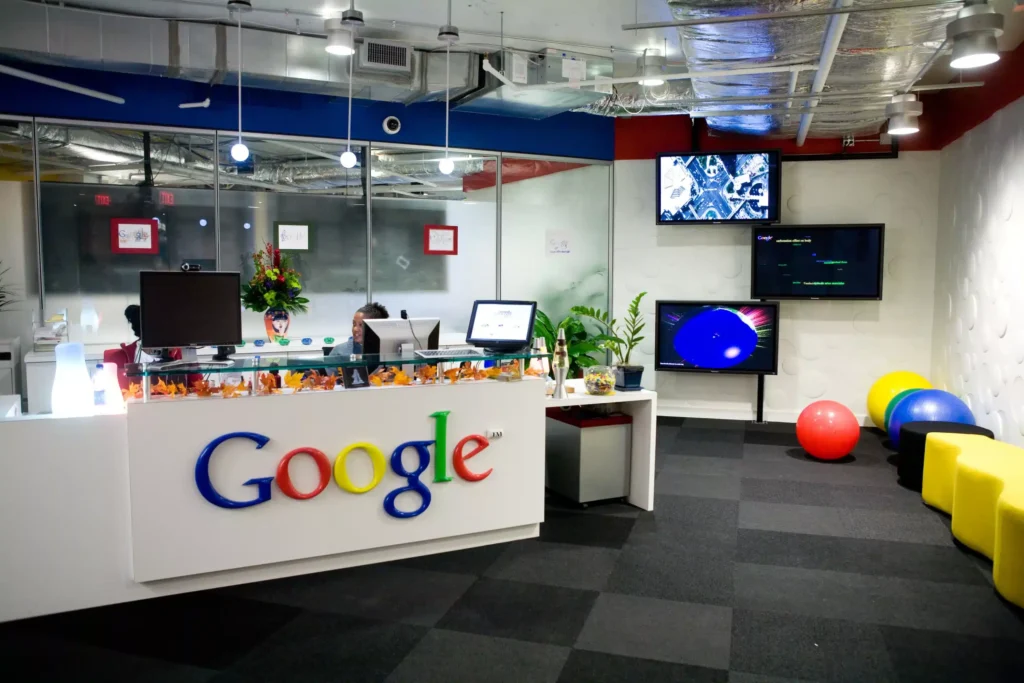It’s official – Google has just deployed layoffs of hundreds of employees across its Platforms and Devices division, including key teams behind Android, Pixel, and Chrome.
The news, confirmed late Thursday via a report by The Information and echoed by Reuters, sent ripples through the tech industry and raised fresh questions about Google’s evolving priorities and workforce strategy.
What Happened?
On April 11, 2025, Google quietly let go of hundreds of employees from its Platforms and Devices team. This department is responsible for some of the company’s most well-known products: the Android operating system, Pixel smartphones, and the Chrome browser. The layoffs follow a wave of buyout offers made in January to many of these same employees – a move that now appears to have been a prelude to broader cost-cutting.
Google hasn’t publicly announced an exact number of affected workers, but sources say the cuts are widespread and target both engineers and support staff. For a company that prides itself on innovation, these layoffs mark another significant shift in how it’s operating internally – and what it’s prioritizing.
Why Now?
In a statement to The Information, a Google spokesperson explained:
“Since combining the Platforms and Devices teams last year, we’ve focused on becoming more nimble and operating more effectively. This included making some job reductions in addition to the voluntary exit program that we offered in January.”
Translation? Google is restructuring – again – in a bid to streamline operations and likely to protect profitability in areas where growth has slowed. With increasing pressure from AI competitors, ad revenue fluctuations, and investor expectations, Google’s trimming fat wherever it can.
This isn’t the first wave of layoffs, either. Back in January 2023, Alphabet (Google’s parent company) slashed around 12,000 jobs, or roughly 6% of its global workforce. Then in February 2025, Google quietly cut staff in its cloud division. The current round of layoffs may not be as large, but it underscores a consistent trend: fewer people doing more work in fewer product verticals.
What’s Affected?
These cuts directly impact teams tied to Android, Pixel, and Chrome. While Google hasn’t hinted that any of these products are being discontinued or scaled back (Android, after all, powers over 70% of the world’s smartphones), the layoffs suggest internal changes in how the company wants to manage these platforms.
What’s concerning is that these teams are behind some of Google’s most consumer-facing products. Android is the mobile OS backbone for billions of users worldwide. Chrome remains the dominant web browser across both desktop and mobile. And while the Pixel brand has always been a niche player compared to Apple and Samsung, it still represents Google’s hardware ambitions.
Employee Reactions
While Google has framed this as a “streamlining” effort, insider reports suggest that many employees were caught off guard. There was no advance notice for many of the affected workers, and internal morale has reportedly taken a hit – especially among long-time employees who had weathered previous rounds of cuts.
Some employees have taken to forums like Blind and Reddit to vent frustration, with common themes being unclear communication and dwindling trust in leadership.
The Bigger Tech Picture
Google is far from alone in tightening its belt. Microsoft, Meta, and Amazon have all undergone multiple rounds of layoffs in the past two years, often citing the need to refocus on AI, cloud computing, or core business services. The message is clear across Silicon Valley: the days of sprawling product teams and experimental projects are winding down.
For Google, AI is clearly the new frontier. The company has been investing heavily in its Gemini AI models and integrating them across products like Search, Workspace, and Android. These layoffs may reflect a broader reallocation of resources – less focus on traditional hardware and platforms, more attention on software, data, and generative AI.
What’s Next?
It’s still early to say how this will play out long term. Google’s core businesses – search, advertising, YouTube – are still immensely profitable. But as AI continues to reshape how we interact with digital platforms, it’s obvious that Google is betting big on transforming itself from a search giant to an AI-first company.
That pivot, however, doesn’t come without collateral damage. And this week, hundreds of talented workers in Mountain View and beyond paid the price.
Source:https://themusicessentials.com/news/google-layoffs-hit-android-and-pixel-teams-what-we-know-so-far/

